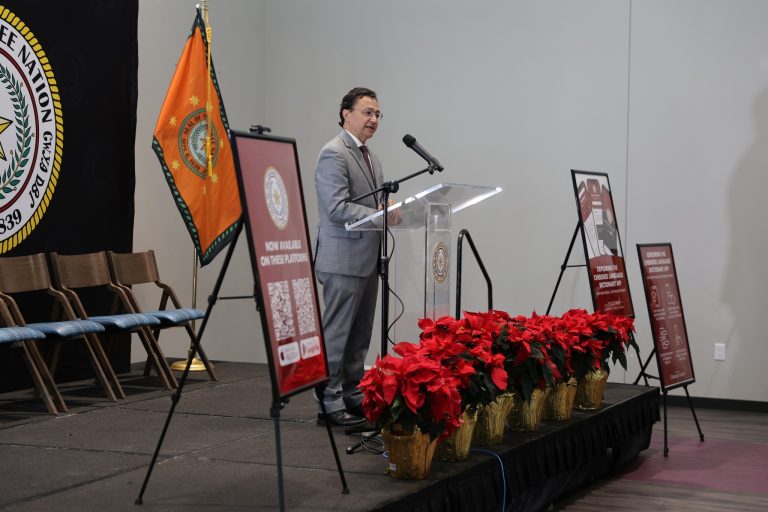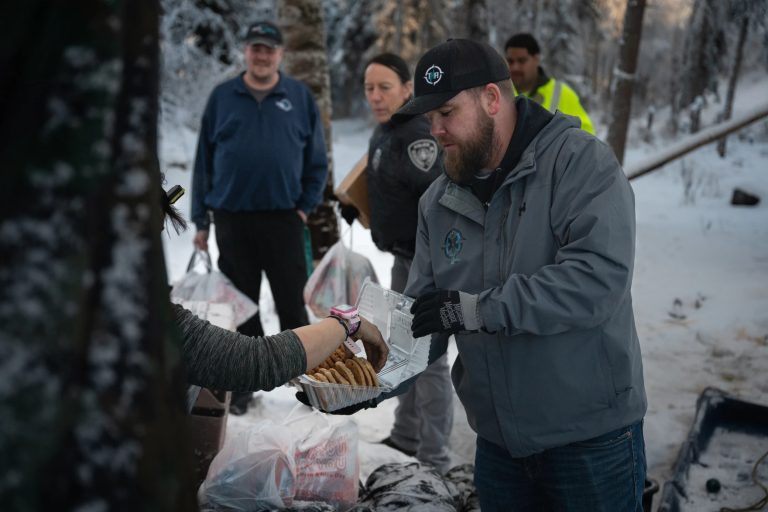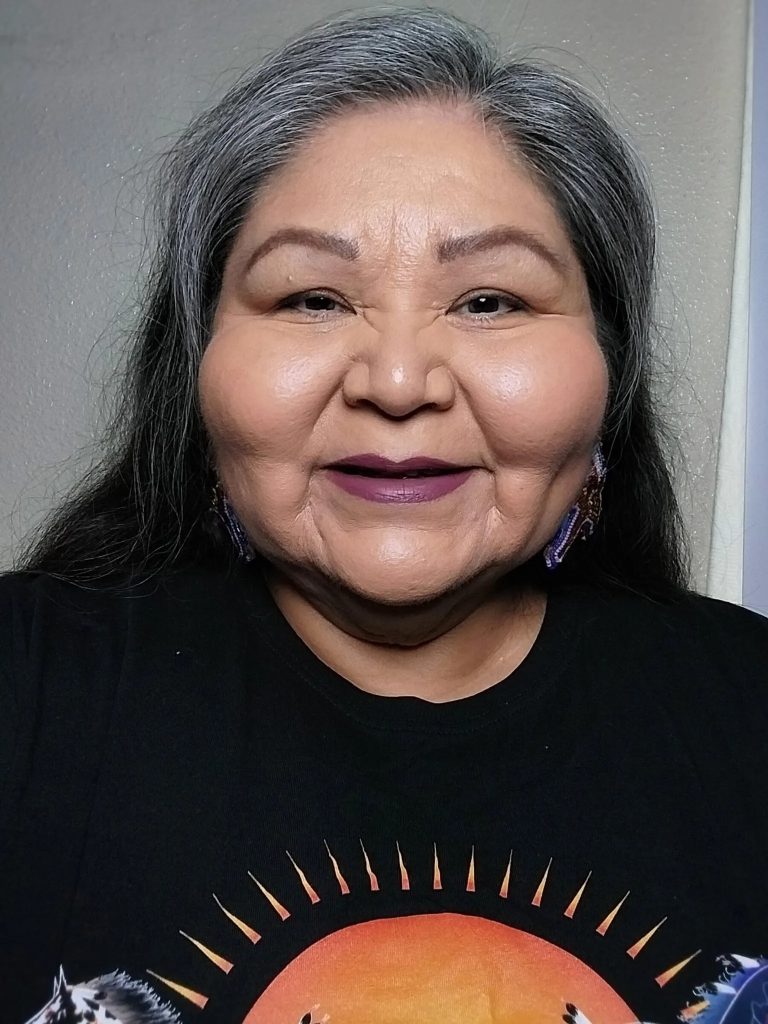Podcast: Play in new window | Download | Embed

Anchor: Antonia Gonzales
Native advocates in New Mexico voice anger over Friday’s U.S. Supreme Court decision to end the federal right to abortion leaving authority up to states.
Elder and lifelong Native advocate Noreen Kelly joined reproductive health and advocacy groups on a press call Friday following news of the ruling.
Kelly says in the Native community women are often the decision makers in the household and men play a role as equal partners. She says male politicians and judges should not have access to a woman’s body autonomy.
“Our decisions are our own. They’re made with care and there’s reasonings and holiness behind the decisions women make. It really angers me and it saddens me that someone still thinks they can make decisions for women and I appreciate the men that are supporting us. But they didn’t have that right to speak on our behalf.”
Krystal Curly, director of the Native-women led organization Indigenous Lifeways, also attended the press conference. Curly says Native women already face challenges when it comes to health care, and lack of access to abortion.
She adds that in wake of the high court decision, her organization will continue to advocate for Native women’s rights.
“We know that Indigenous women have always been a threat to this colonial system since day one and now 500 plus years, women and pregnant people as a whole are a threat to this colonial system, and it’s now at this time that it is so pivotal we come together and unite.”
Abortion in New Mexico is likely to remain legal while neighboring states in the Southwest are expected to see changes.

X’unei Lance Twitchell
The University of Alaska Southeast is set to offer a free option for Alaska Native language classes starting in the Fall. Claire Stremple reports.
X’unei Lance Twitchell is a professor of Alaska Native languages at UAS. He says this is part of revitalizing the Tlingit, Haida, and Tsimshian languages.
“I think it’s going to be medicinal, I think it’s going to alter the course of the way things are going. And it’s really exciting.”
There has been a decline in Alaska Native languages over the last hundred years due to genocide and assimilation.
Many elders who were birth speakers died during the COVID-19 pandemic. But Twitchell says there has also been a shift in the last decade toward language revitalization.
For example, UAS offered free Tlingit courses during the pandemic. Twitchell says 600 people signed up.
“We didn’t put ourselves in this situation, our language was banished, it was prohibited, it was made illegal. We were tortured and abused, and all kinds of things to get us to stop speaking. So why should we have to pay to learn our own language?”
Arts and Sciences Dean Carin Silkaitis says one of their main jobs is to support faculty and find ways to say “yes.”
“You have to open doors, you have to bring seats to tables. And I think the way to do that is to create more access. And I think creating free curriculum as a way to create more access for people.”
Dean Silkaitis says the free classes are made possible with help from Sealaska Heritage Foundation and a Language Pathways grant.
Students who select the free option won’t earn credits or receive a grade.
Get National Native News delivered to your inbox daily. Sign up for our newsletter today.



